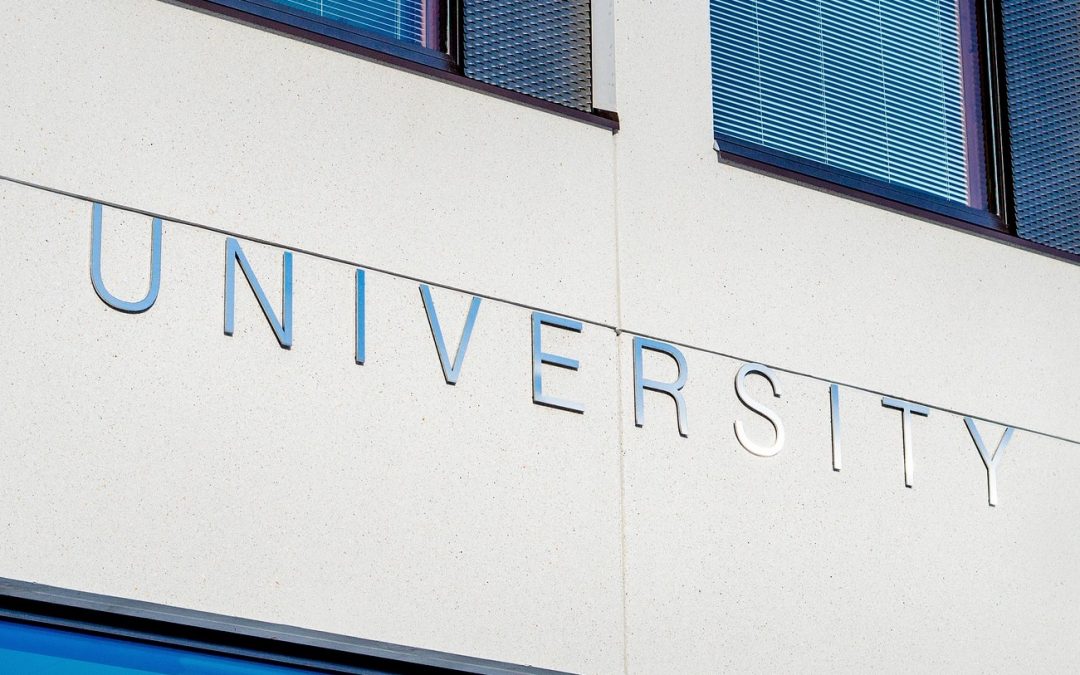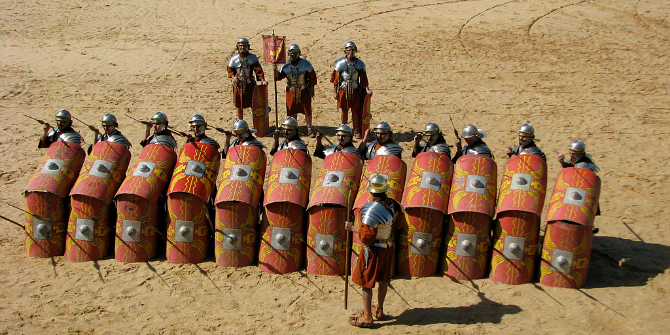By Brian Martin –
Media stories about universities often focus on shortcomings; the routines of good teaching, solid research and maintaining high standards rarely merit attention. Moreover, universities can sometimes find themselves under attack in spite of their commitment to high standards and following correct procedures. Brian Martin relays his experience of how defending a university’s integrity can be hamstrung by confidentiality requirements or a lack of public understanding of examination processes. Increased awareness of how universities and disciplinary fields operate could mitigate this risk in future.
What should a university do when it has done everything right but comes under attack nonetheless? Lots of unsavoury things happen at universities, such as plagiarism and sexual harassment. Sometimes these activities are exposed and there is a storm of bad publicity. The media loves stories of university failures. Yet many good things also go on at universities, even beyond public relations about scientific breakthroughs, including the routine of good teaching, solid research and maintaining high standards. These seldom receive attention.
Last year I was in the middle of an episode in which the university did all the right things yet was unfairly targeted in a sustained attack. This revealed that procedures are not designed for this sort of situation. I work at the University of Wollongong, a large Australian university with over 30,000 students located in the city of Wollongong, just south of Sydney. The university’s reputation has steadily increased, including in research. Over 250 students receive their PhDs each year. The attack on the university concerned one particular PhD graduate, for whom I was principal supervisor.
The context was the 2009 formation of a campaigning group calling itself Stop the Australian (Anti)Vaccination Network or SAVN. This citizens’ group set itself the task of denigrating, harassing and censoring any public critics of vaccination. For 30 years I had been studying public scientific controversies, such as those over nuclear power, pesticides, fluoridation and the origin of AIDS. Never before had I heard of a group like SAVN attempting to silence opponents in such a systematic and sustained fashion.
For a social scientist like myself, studying SAVN’s techniques was fascinating, especially given the highly emotive features of the vaccination debate, but there was another connection. Prior to SAVN’s formation, I had taken on a PhD student, Judy Wilyman, a public critic of vaccination. She soon came under attack by SAVN, as did I.
In this context, university officials and I took extra steps to ensure that Judy’s PhD thesis was of requisite quality and that all procedures were followed scrupulously. For example, I sent a draft of her thesis to three vaccination experts prior to submission. The revised thesis, on Australian vaccination policy, went to highly qualified social science examiners, both Australian and international, and, after major revisions and resubmission, was approved by the university’s thesis examination committee, which has members from all faculties. None of this guaranteed the quality of the thesis, but it was a good indication that the university had fulfilled its duties of quality control.
As anticipated, when Judy’s graduation was announced, there was a major attack on her thesis and on the university for having allowed her to graduate. Two days after her thesis was posted on the university’s online repository, there was a front-page article (paywalled – author’s response also available here) in a major newspaper misrepresenting and attacking the thesis and the university. This and subsequent articles triggered a deluge of hostile social media. A petition alleging “academic misconduct” was signed by more than 2000 people. The university’s own Twitter feed was monopolised by critics. Usually media storms of this sort blow over within a few days, but this attack lasted for months.
The vice-chancellor, senior university officials and the university council (the governing body) all stood firm in defence of academic freedom. But defending against the attack was hampered by the university’s own procedures, in particular by confidentiality requirements. Critics demanded to know the names of the thesis examiners, but to release them would have opened them to attack. Members of the thesis examination committee, who knew the correct procedures had been followed, were also unable to speak publicly. Confidentiality procedures are set up for good reasons, never anticipating they might be barriers to defending the university’s reputation.
The attacks also revealed another problem: a lack of media and public understanding of how universities operate, in particular how theses are examined. The attackers focussed on a handful of alleged errors, as if errors alone discredited an entire thesis. The attackers made no comparisons with other theses or with standard practice in thesis examination processes, instead asserting that their own judgement about the thesis overruled scholarly criteria used in the field of study. The attackers also showed a lack of understanding of the field of science and technology studies.
For decades I have been a critic of universities. I learned from this episode that they also deserve to be supported, especially when academic freedom is under attack. But strangely, universities have not explained their operations very well to members of the public. Better public understanding of both shortcomings and strengths, of routine operations as well as exceptional performance, will serve universities in the long run.
This blog post is based on the author’s article, ‘Defending university integrity’, published in the International Journal for Educational Integrity (DOI: 10.1007/s40979-016-0012-z).
Note: This article gives the views of the author, and not the position of the LSE Impact Blog, nor of the London School of Economics. Please review our comments policy if you have any concerns on posting a comment below.
About the author
Brian Martin is an honorary professorial fellow in the School of Humanities and Social Inquiry at the University of Wollongong. He is the author of 16 books and hundreds of articles on dissent, nonviolent action, scientific controversies, democracy and other topics.



* Reproduced with permission from the LSE Impact Blog. Originally published 16 February 2017